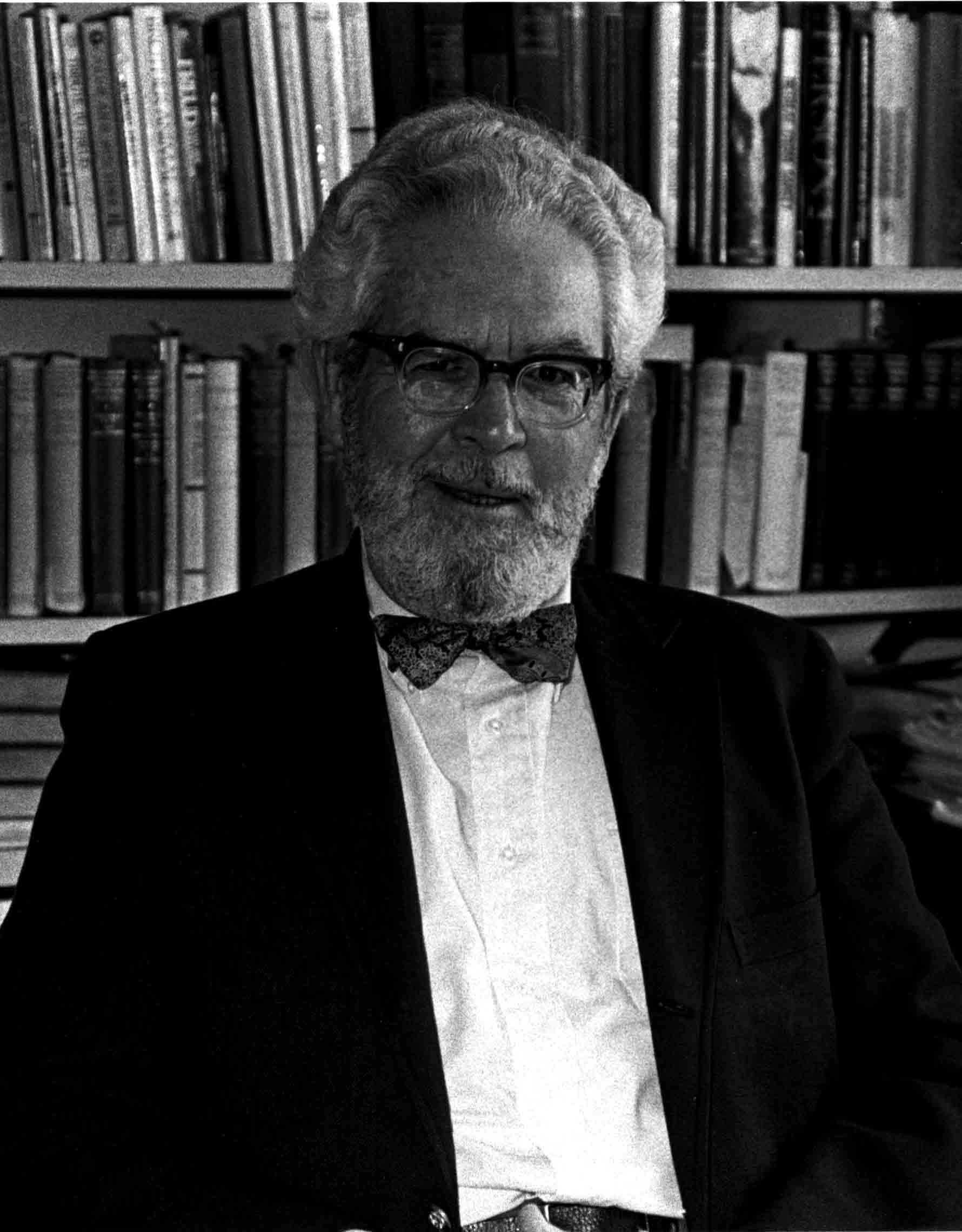George F. Mahl Collection of Ernest Hemingway
|
Scope and Contents The George F. Mahl Collection of the works of Ernest Hemingway consists of 34 items, most of which were donated by George F. Mahl (OC 1939) between 1985 and 1991. While most of the items are works written by Hemingway, some are informational works about his life and writing. Included are almost all of Hemingway’s novels; five collections of his short stories, including the Complete Short Stories; and three of his works of nonfiction. All of these items are first editions. Also included are a volume of Hemingway’s letters, a bibliography of his works, several biographical works regarding his eventful life, and an audio recording on vinyl record of Hemingway reading his works. This targeted collection of first editions supplements the much larger number of works by and about Hemingway available in the circulating collection. |
Biographical Sketch | About the Donor | Inventory | Additional Resources
Biographical Sketch
Ernest Hemingway (1899-1961) was born in Oak Park, Illinois, just outside of Chicago. He made a living by his pen early in his life: He started working as a journalist for a Kansas City newspaper at the age of 17. When World War I broke out, Hemingway went to Italy and volunteered for the American Red Cross as an ambulance driver. His experience on the Italian war front and in army hospitals would serve as inspiration for one of his major works, A Farewell to Arms (1929). After the war, Hemingway moved to Paris, where he was a part of a ring of artists, many of whom were expatriates, including, among others, F. Scott Fitzgerald, Gertrude Stein, Ezra Pound, and T.S. Eliot. These artists, self-dubbed the Lost Generation, spent a great deal of time partying, traveling, and working together, creating a corpus of modernist art and literature. It was during this time that Hemingway came into his own as a writer and began to develop his distinctive minimalist style. He continued working as a journalist, often covering dangerous events, such as the Greek War of Independence (1922) and the Spanish Civil War (1936-1939). The horrors which he witnessed informed both his politics and his writing: Sharp critiques of the modern world, especially the effects that mid-20th century politics had on the common person, recur regularly in his novels and stories. With the dissolution of his first marriage, Hemingway left Paris for Key West with his second wife. His time in Key West was literarily productive, and he published Death in the Afternoon (1932) and Green Hills of Africa (1935) during this time. The failure of his second marriage and the outbreak of the Spanish Civil War found him back in Europe as a journalist. He married again, this time to another journalist, and their competitive and adventurous natures drove both of them to seek posts covering World War II. During this last journalistic stint, Hemingway, who was always prone to extremes in disposition, began to suffer greatly from the manic-depressive episodes that would plague him for the rest of his life. After the war, he moved to Havana, Cuba, where he married his fourth wife and wrote productively. It was here that he would write one of his most famous works, The Old Man and the Sea (1952), which would earn him a Pulitzer Prize for Fiction (1953) and a Nobel Prize for Literature (1954). In 1961, after a long struggle with depression, Hemingway took his own life at his family home in Ketchum, Idaho.
About the Donor
George Franklin Mahl (1917-2006) was born in Akron, Ohio. He graduated from Oberlin College with a bachelor’s degree in 1939 and with a master’s in psychology, also from Oberlin College, in 1941. After four years of military service during World War II, Mahl continued his education at Yale, where he earned his doctorate in 1948. He later worked as a professor of psychology at Yale, and conducted much useful research on behavioral psychology. In addition to his pursuits in the field of psychology, Mahl was an avid fisherman and did volunteer work with literacy programs. He collected first editions of the works of Hemingway, as well as other material relevant to Hemingway’s life and work, which he donated to Oberlin College in the late 1980s and early 1990s.
Inventory
OBIS records for materials by and about Hemingway in Special Collections.
Additional Resources
"Ernest Hemingway Bibliography." Wikipedia.org.
"Ernest Hemingway - Biographical." NobelPrize.org. Nobel Media AB 2018.
"In Memoriam: George F. Mahl." Yale Bulletin and Calendar. March 24, 2006.
Reynolds, Michael. "Hemingway, Ernest (1899-1961), writer." American National Biography. February, 2000. Oxford University Press.
Compiled by Rebecca Sparagowski 11/2018
